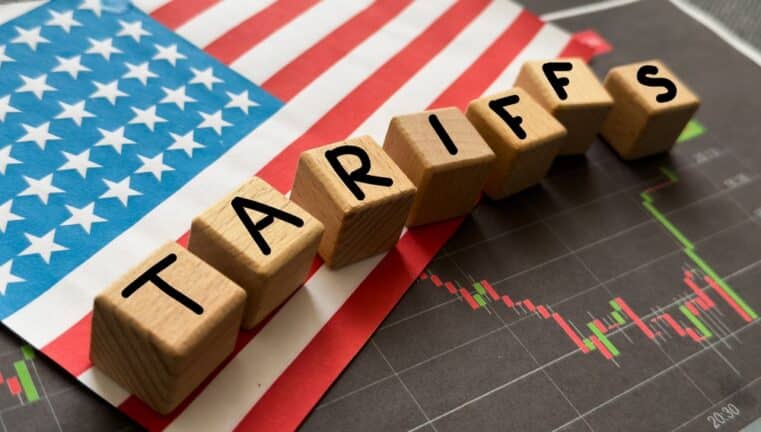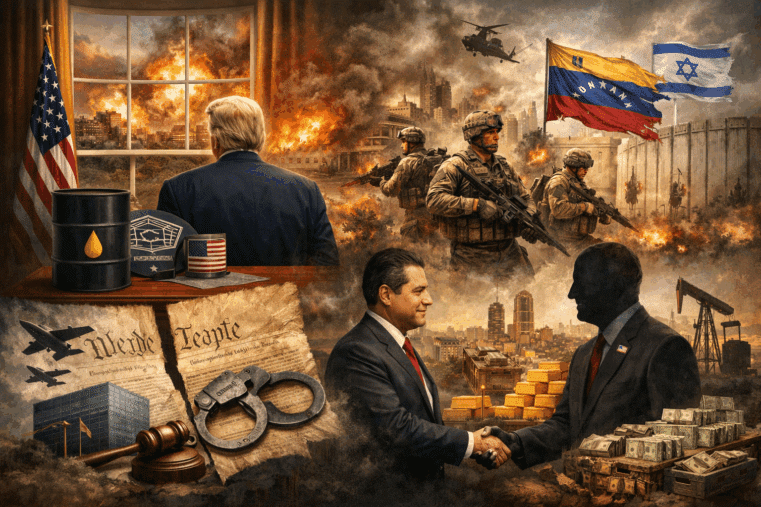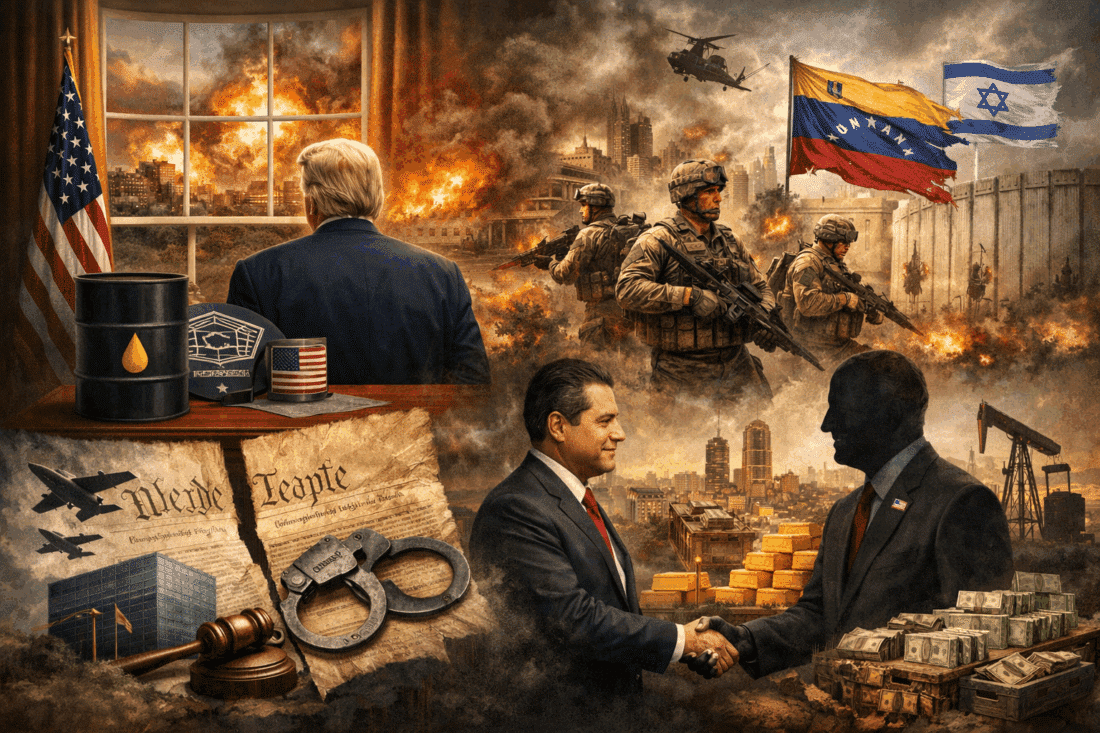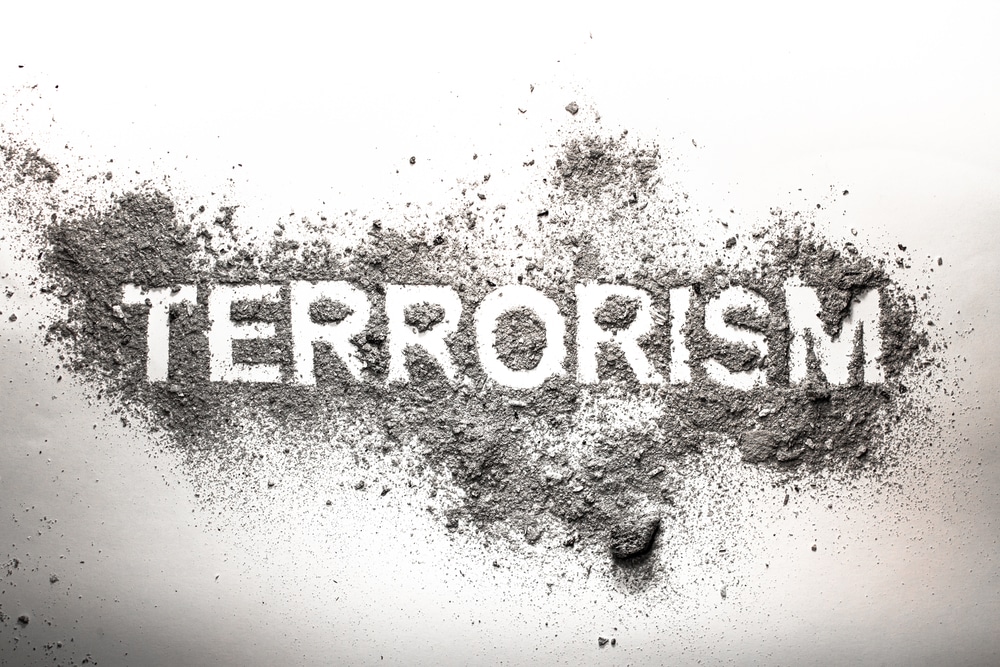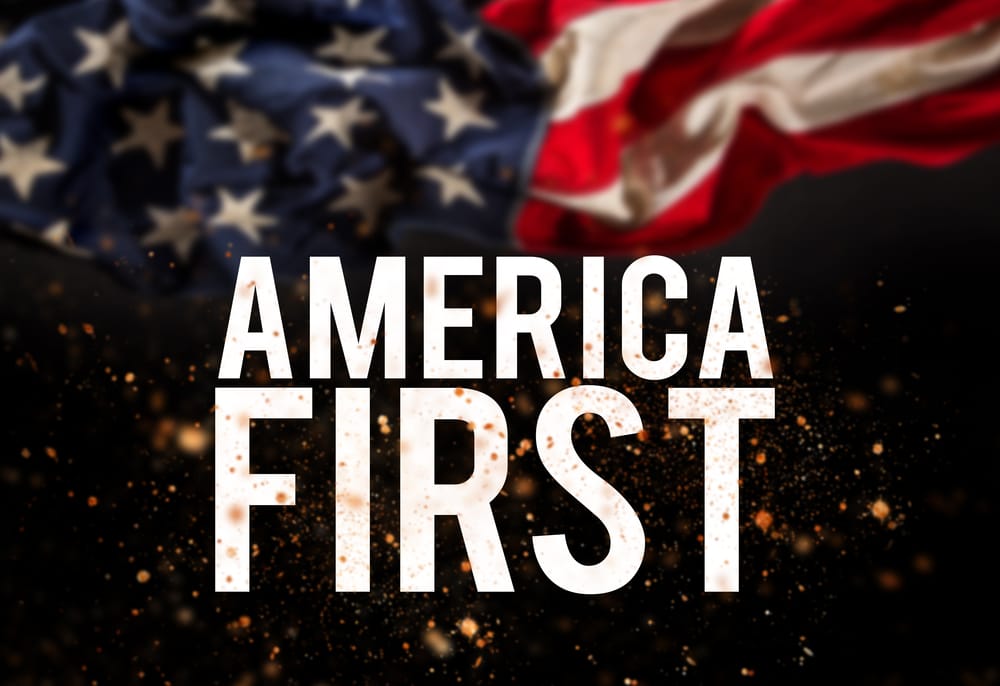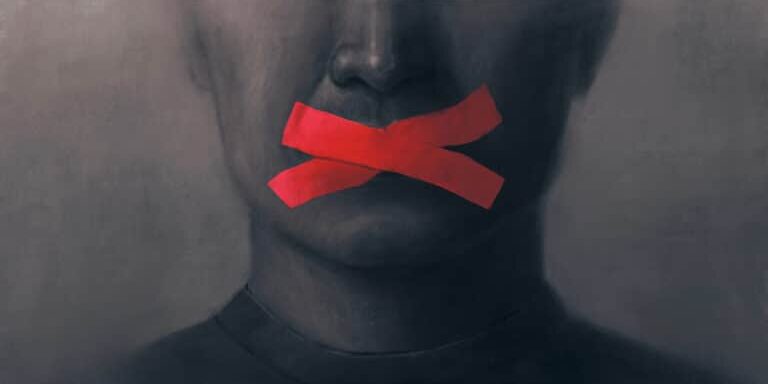
From Court Jester to Regime Mouthpiece: The Tragedy of Jimmy Kimmel and the Death of Free Speech
A Murder Ignored, a Clown Defended
It wasn’t the murder of Charlie Kirk that rattled the corporate media. Not the political execution of a non-violent activist. Not the chilling online celebrations of his death, nor the venom hurled at his grieving widow and two children. No, the Fourth Estate found its moral compass only when one of its own—the regime’s late-night mascot, Jimmy Kimmel—was momentarily suspended from ABC’s airwaves. That, we were told, was the real tragedy.
Let’s not pretend there was anything spontaneous about the media outrage. Kimmel’s removal came after he implied Kirk’s assassin was a Trump supporter—a claim that not only lacked evidence but seemed deliberately crafted to inflame. Wall Street Journal reporting suggests Disney feared his next monologue would only deepen the controversy. Meanwhile, FCC Chairman Brendan Carr made public comments implying Kimmel and ABC might be held accountable for that reckless speculation. The media quickly cried censorship, but the irony was lost on no one: the same people who demanded Big Tech silence dissenting voices were suddenly allergic to consequences.
FCC: From Roosevelt’s Gag Order to Today’s Thought Police
The Federal Communications Commission, born under the authoritarian shadow of FDR, has always been a bludgeon against political dissent. Historian David Beito’s research unearthed how early broadcasters were coerced into compliance. NBC limited content “contrary to the policies of the United States government,” while CBS openly admitted its airwaves were at the disposal of Roosevelt’s administration. A supposedly free press dutifully lined up behind government narratives—not because of formal laws, but because the government held the license to their livelihoods.
This weaponized censorship reached its zenith under the so-called “Fairness Doctrine,” a regulation used by the Kennedy administration to harass right-wing broadcasters into silence. Assistant Secretary of Commerce Bill Ruder bragged about the strategy: drown dissent in legal expenses until they give up. Though the doctrine was eventually scrapped, its spirit lives on in modern digital censorship. During the COVID era, social media giants didn’t need explicit orders to ban dissenters—state actors merely hinted, and the platforms obeyed.
Kimmel’s Censorship Karma: Irony in Action
The same template was applied after the 2020 election, when President Trump was unpersoned across the digital public square—a move Kimmel openly supported. So, if there's any cosmic justice in Kimmel’s temporary exile, it’s this: the architect of censorship finally got a taste of his own medicine. But don’t expect him to learn anything from it.
Let’s be clear—no one should be cheering the idea of any federal bureaucrat leaning on media networks, even if it’s aimed at someone as smug and sycophantic as Kimmel. The real issue isn’t what happened to Jimmy Kimmel, but what didn’t happen to the people who cheered Kirk’s death. The silence from corporate media over the killing of a right-leaning public figure is deafening, and damning. It reveals the soul of this regime—not just the government, but its loyal cultural apparatus.
The Evolution of a Court Jester
Kimmel’s trajectory is the story of America’s decline in miniature. When Jimmy Kimmel Live! launched in 2003, it was meant to be apolitical—an antidote to the moral preening and sanctimony that had infected late-night after 9/11. Bill Maher’s Politically Incorrect had just been axed for daring to call American foreign policy cowardly. The Bush administration turned up the heat, advertisers fled, and ABC canceled the show. They filled the void with a safer, sillier host who wasn’t supposed to talk politics.
But that didn’t last. By the time Trump entered the White House, Kimmel had reinvented himself as a partisan attack dog—hosting Pete Buttigieg, lecturing Americans on gun control and healthcare, and even suggesting that hospitals refuse care to the unvaccinated. In short, he became an organ of state ideology, cloaked in comedy. The “man show” co-host who once bounced beer babes on trampolines now played the role of regime enforcer—smirking, scolding, and shilling for the machine.
Falling Ratings, Rising Obedience
Predictably, his ratings tanked. Younger viewers—the demographic Kimmel was hired to attract—have tuned out in droves. Because no one wants to be lectured by a millionaire comic reading White House talking points. But that doesn’t matter. He’s not there for the laughs anymore. He’s there to condition the masses. He’s there to make the new normal seem funny, acceptable, inevitable.
This is the cultural rot we’re living in. The political assassination of Charlie Kirk barely makes a ripple, but the moment the regime’s jester gets told to sit out a few nights, it's treated like a national crisis. Free speech has become a one-way street. If you dissent, you’re silenced. If you comply, you’re rewarded—until the regime no longer needs you.
Conclusion: The Tools of Tyranny Never Disappear
The lesson here is chilling but crucial: the tools of censorship never go away. They’re simply repurposed. Once aimed at the anti-New Deal right, then the anti-war left, and now—anyone who dares question the regime’s official narrative. Whether it's a tech platform or a television network, the pressure is the same: comply, or be destroyed.
And that brings us back to the core message we’ve been shouting from the rooftops: you cannot afford to be economically or intellectually dependent on the system anymore. That includes your bank, your media, your government, and yes, your favorite late-night clown.
Take Action Before They Turn the Lights Out
Start taking action now:
- 👉 Download Bill Brocius’ free ebook: 7 Steps to Protect Your Account from Bank Failure
- 📕 Grab a copy of Bill's must-read book: End of Banking As You Know It
- 🔒 Join the Inner Circle newsletter for just $19.95/month and get direct access to the kind of uncensored financial insights you’ll never hear on legacy news.
Because while the comedians dance and the bureaucrats tighten the screws, you still have time to get out of their system—before it turns the lights out for good.



